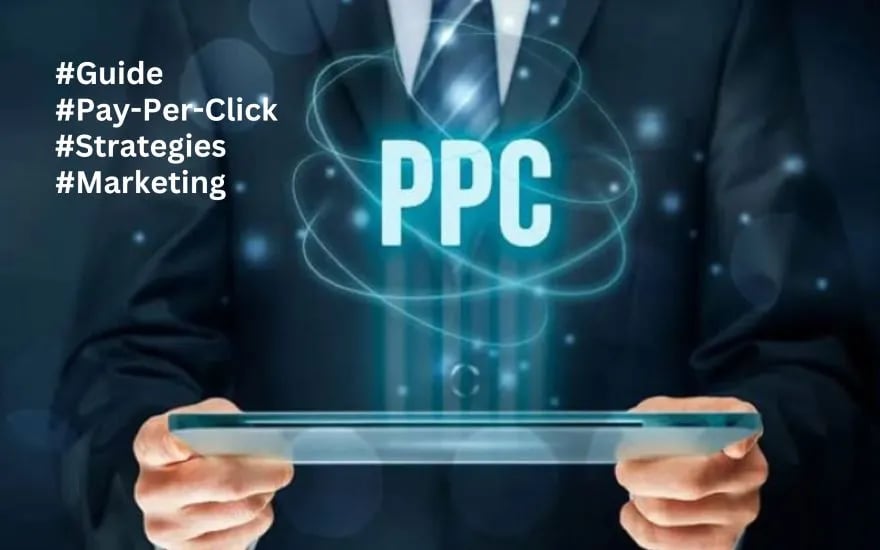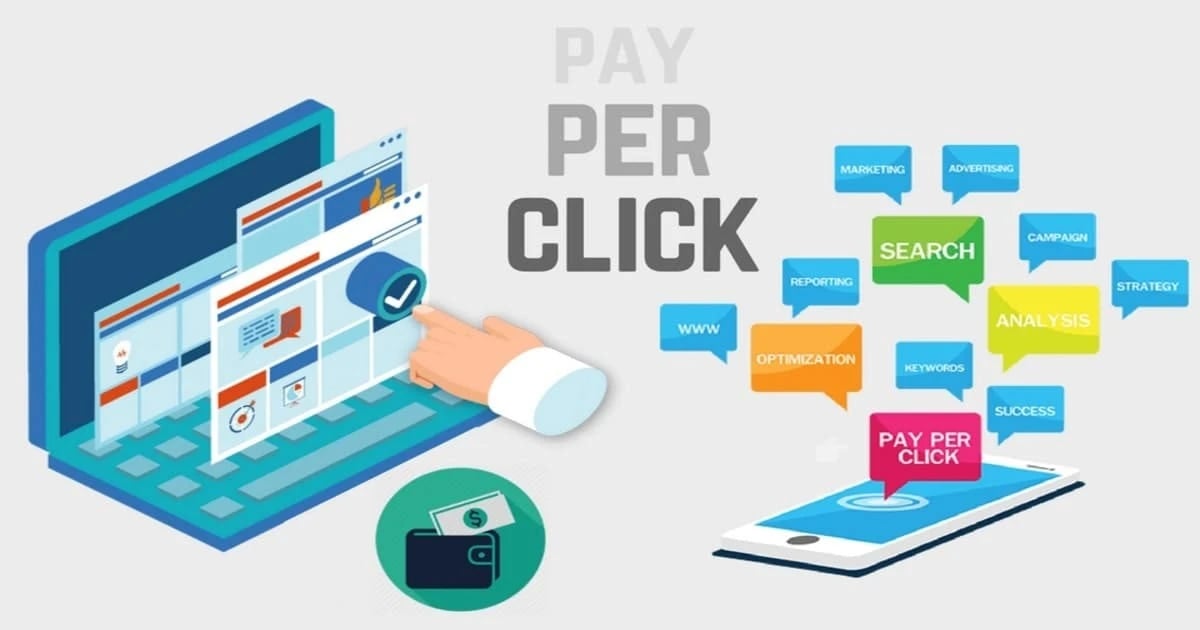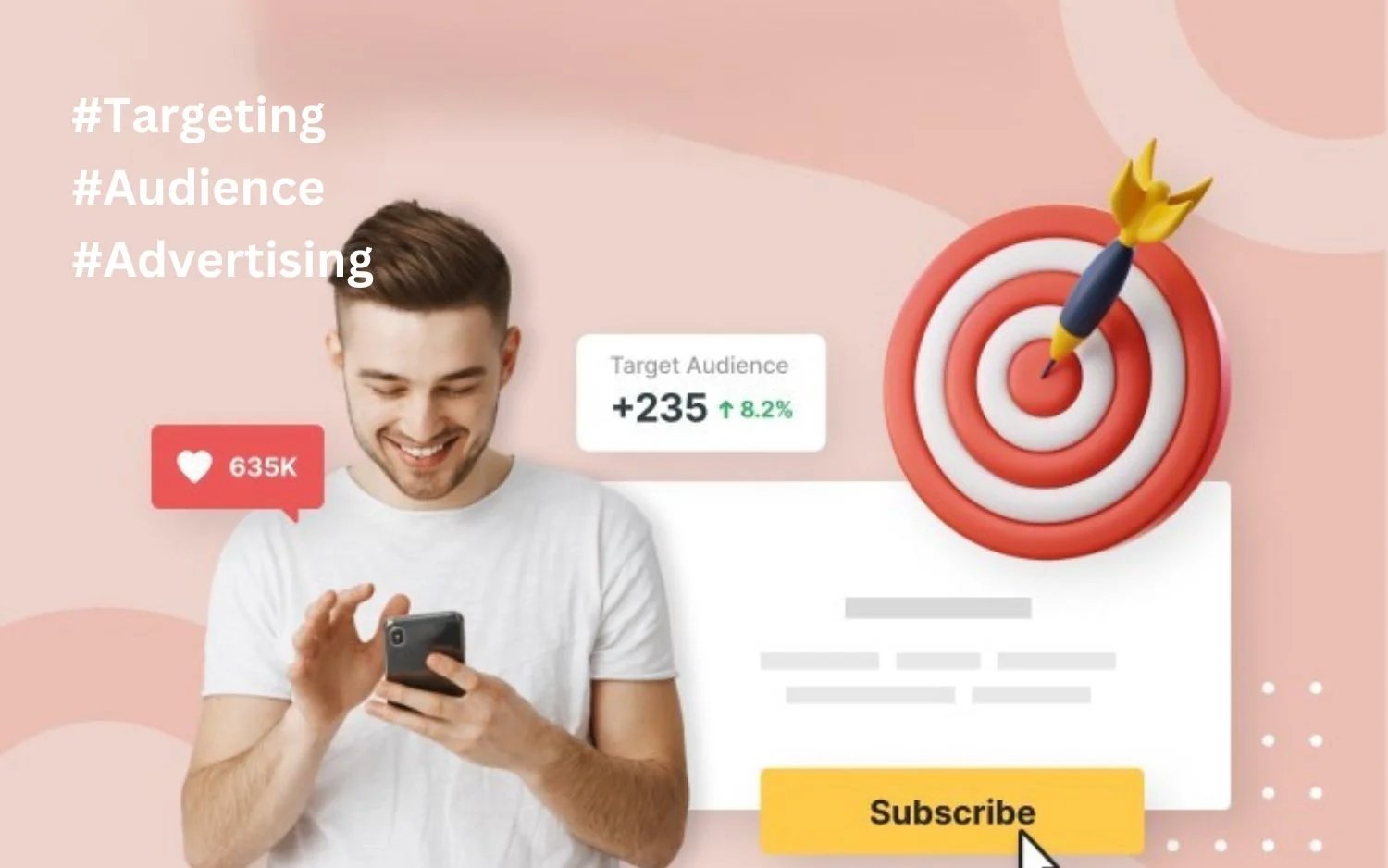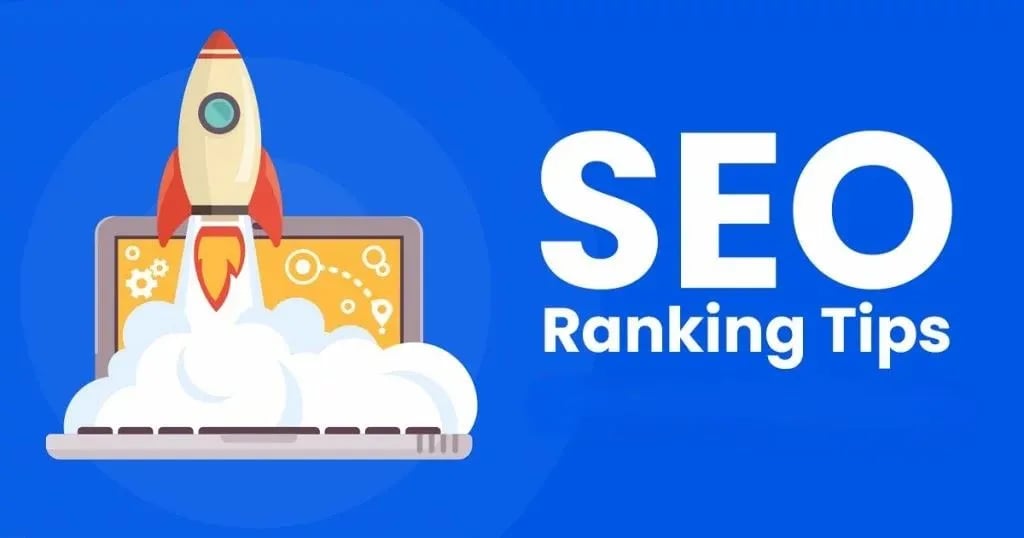
There’s a powerful way for you to connect with your customers and drive traffic to your website: Pay-Per-Click (PPC) marketing. In this ultimate guide, you’ll learn how PPC can enhance your business by generating high-quality leads through targeted ads. Whether you’re promoting your brand through social media or refining your website’s design, understanding PPC is key to leveraging online advertising effectively. By the end of this guide, you’ll have the knowledge to create successful PPC campaigns that elevate your business and attract the right audience.
Understanding Pay-Per-Click Marketing
Your journey into the world of Pay-Per-Click (PPC) marketing starts here. As an necessary tool for digital advertising, PPC allows your business to reach customers quickly by placing ads on search engines and social media platforms. Businesses pay only when users click on their ads, making it a cost-effective way to generate leads and drive traffic to your website. Understanding the fundamentals of PPC will empower you to optimize your campaigns effectively.
What is PPC?
On a fundamental level, Pay-Per-Click (PPC) is an online advertising model where advertisers pay a fee each time one of their ads is clicked. Essentially, you are buying visits to your website rather than earning them organically. This model helps you rapidly connect with potential customers and ensures your business is visible in competitive marketplaces. Ads can appear in various formats across search engines and social media, influencing users’ purchasing decisions and driving targeted traffic to your business.
How PPC Works
What sets PPC apart from other digital marketing strategies is its auction-based system. Advertisers bid on specific keywords relevant to their business; when a user searches for those keywords, the highest bidders have their ads displayed. Users only pay when someone clicks on their ad, giving a precise measure of return on investment. This model allows flexibility in budget control, enabling businesses to allocate their marketing spend effectively while targeting specific customer demographics.
With PPC, your advertising strategy can be fine-tuned based on extensive analytics and performance metrics. By selecting relevant keywords and crafting compelling ad copy, you can attract potential customers actively seeking products or services like yours. Monitoring click-through rates and conversions helps you optimize your campaigns over time, ensuring you get the best return on your investment. Consider collaborating with experienced agencies like Mister Nguyen Agency, which specialize in tailoring PPC strategies to bolster your brand presence and generate more leads.
The Importance of PPC in Digital Marketing

Even in a competitive digital landscape, Pay-Per-Click (PPC) marketing remains a foundational element of your online strategy. It allows you to reach your target audience effectively and drives immediate traffic to your website. By investing in PPC, you can position your business prominently in search results, increasing visibility and providing potential customers with access to your offerings when they are most interested.
Benefits of PPC
Before exploring into your marketing efforts, consider the numerous benefits PPC provides. It ensures measurable results, allowing you to track your return on investment (ROI) with precision. You can target specific demographics, making it easier to connect with leads who are genuinely interested in your products or services. This tailored approach allows your business to optimize its ad spending and enhance customer acquisition.
PPC vs. Other Digital Marketing Methods
Any discussion of digital marketing wouldn’t be complete without comparing PPC to other methods. While social media marketing and search engine optimization (SEO) are valuable, they often require a longer time to see results. PPC, in contrast, offers immediacy, enabling you to gain visibility and generate leads quickly. By integrating PPC into your overall strategy, you can complement your organic efforts effectively.
Understanding the differences between PPC and other digital marketing methods is vital for your overall success. Unlike SEO, which can take months to yield significant traffic, PPC provides immediate results as soon as your campaign goes live. While social media marketing builds brand awareness, PPC drives direct conversions from customers actively seeking your products or services. By leveraging PPC alongside other strategies, you can create a well-rounded approach that maximizes your website’s reach and enhances your business’s ability to attract high-quality leads.
Setting Up a PPC Campaign

Assuming you want to drive targeted traffic to your website, setting up a PPC campaign involves several key steps. You will start by researching relevant keywords, defining your target audience, and crafting compelling ad copies. This process requires an understanding of your business goals, the platforms available, and an ongoing optimization strategy to attract the right customers and convert them into leads.
Defining Your Objectives
Among the first steps in your PPC campaign is defining your objectives. You need to clearly understand whether your focus is on brand awareness, lead generation, or direct sales. Aligning these goals with your broader marketing strategy will guide all subsequent decisions in your campaign.
Choosing the Right Platform
Behind every successful PPC campaign is choosing the right platform that aligns with your business objectives. You may have the option of Google Ads for keyword-driven campaigns, or social media platforms like Facebook, Instagram, or LinkedIn for targeted audience reach. Each platform has its unique audience and ad formats, which should resonate with your potential customers.
A well-chosen platform can significantly enhance your PPC campaign’s effectiveness. If you operate a business that relies on visual appeal, social media platforms may be the best avenue to capture attention and engage with potential customers. Conversely, if your aim is to target users actively searching for your services, Google Ads could yield better leads. Evaluating your audience demographics and behaviors will enable you to select the most suitable platform, ensuring your ads meet customers where they are already spending their time.
Keyword Research and Selection

Despite the complexity of PPC advertising, mastering keyword research and selection is vital for your success. By identifying the right keywords, you can connect with your target audience more effectively, drive high-quality traffic to your website, and generate valuable leads for your business. The right keywords set the foundation for your campaigns, impacting your ad’s visibility and overall performance.
Importance of Keywords
One of the vital elements in PPC marketing is the selection of keywords. These keywords determine how potential customers discover your ads and engage with your business. By targeting relevant keywords, you can ensure that your ads are displayed to users actively searching for your products or services, increasing the likelihood of conversion.
Tools for Keyword Research
Any effective PPC campaign begins with thorough keyword research using specialized tools. These tools can help you identify high-performing keywords that resonate with your audience and optimize your ad spend effectively.
Research tools like Google’s Keyword Planner, Ahrefs, or SEMrush can provide valuable insights into search volume, competition, and related keywords. By utilizing these tools, you can build a robust keyword list that aligns with your business objectives and meets the needs of your customers. This data-driven approach ensures you maximize your efforts in engaging potential leads while effectively promoting your brand in the competitive online space.
Optimizing Your PPC Campaign

Once again, effective optimization is key to maximizing your PPC campaign’s potential. This involves continuously analyzing performance metrics, identifying areas for improvement, and refining your strategies. You should regularly test ad copy, keywords, and targeting settings while also leveraging advanced features offered by platforms such as Google Ads and Facebook. By staying proactive and attentive, you can ensure that your campaigns reach the right customers and generate valuable leads for your business.
Ad Copy Best Practices
Around the foundation of a successful PPC campaign lies compelling ad copy. You need to make sure that your copy is clear, engaging, and directly addresses the needs of your target audience. Focus on including strong calls-to-action, relevant keywords, and unique selling propositions that highlight your brand’s value. Additionally, it’s important to A/B test multiple versions of your ads to find what resonates best with your customers.
Landing Page Optimization
Optimizing your landing page is a pivotal step in enhancing the effectiveness of your PPC campaign. Your landing page should align with the ad’s messaging, ensuring a seamless experience for your customers and leads. It should include relevant content, visually appealing design, and easy navigation to direct users towards your desired action.
With a well-optimized landing page, you can significantly increase conversion rates and drive more leads for your business. Ensure your page loads quickly, is mobile-friendly, and contains clear and concise information that speaks directly to your audience. Utilizing tools provided by agencies like Mister Nguyen Agency can help you design a landing page that not only captures attention but also encourages your customers to take action. A/B testing different elements can reveal what works best, allowing you to focus on strategies that effectively convert visitors into leads.
Analyzing and Measuring PPC Performance

All effective PPC campaigns hinge on precise analysis and measurement. To optimize your budget and enhance engagement, you need to track and assess your performance regularly. This involves understanding how your ads are performing, what your customers are responding to, and making the necessary adjustments to maximize your leads and ROI. By strategically analyzing your PPC data, you can refine your approach and ensure your advertising efforts are effectively driving traffic to your website and converting those visitors into loyal customers for your business.
Key Metrics to Track
One of the best ways to gauge your PPC performance is by focusing on key metrics such as Click-Through Rate (CTR), Cost Per Click (CPC), and Conversion Rate. By regularly reviewing these metrics, you can identify which ads resonate best with your target audience and allocate your budget more effectively. This deeper understanding of your customers’ behavior will enable you to fine-tune your campaigns, helping your business attract more qualified leads and improve its overall online visibility.
Tools for PPC Analytics
Around the landscape of PPC marketing, several tools can assist you in tracking and analyzing your campaign performance. Utilizing platforms like Google Ads, SEMrush, or Facebook Ads Manager can provide invaluable insights into your metrics. These tools help you monitor your ad performance in real-time, enabling you to adjust strategies related to bidding, targeting, and creatives. By leveraging technology, you can make informed decisions that align with your business goals.
But, selecting the right tools is vital for maximizing your PPC efforts. Each platform offers unique features that can cater to different aspects of your campaigns, such as keyword research, competitor analysis, and performance tracking. As you explore options, consider those that integrate well with your website and existing marketing channels. Utilizing robust analytics tools will empower you to fine-tune your PPC strategies and elevate your brand’s presence in the digital landscape, ensuring you attract more customers and drive higher conversions effectively.
Summing up
Hence, by mastering PPC marketing, you can effectively drive targeted traffic to your website, attract potential customers, and generate quality leads for your business. Leveraging strategies outlined in ‘PPC 101: The Ultimate Guide to Pay-Per-Click Marketing’, alongside support from agencies like Mister Nguyen Agency, will enhance your efforts in social media and design your brand for success. Embrace this knowledge to optimize your campaigns and cultivate a sustainable online presence.











